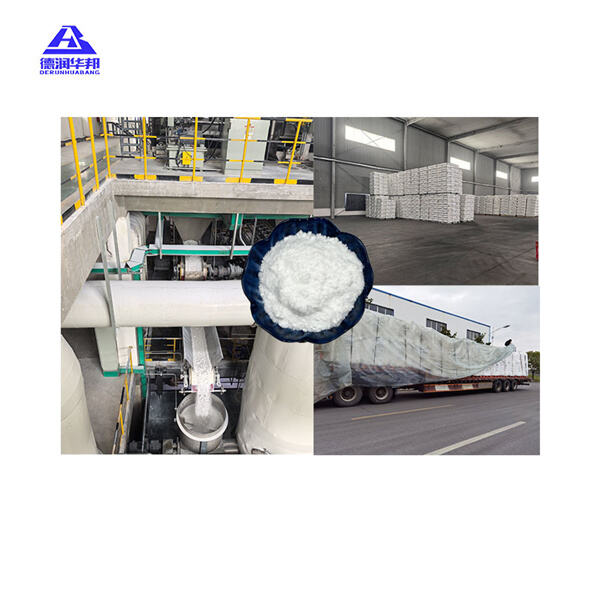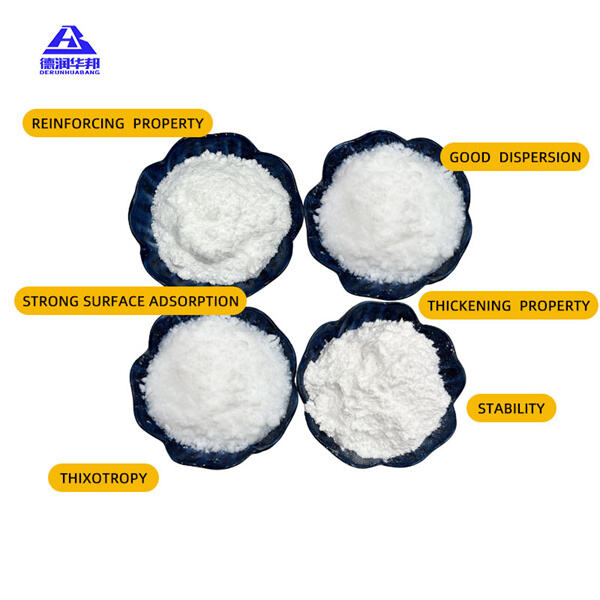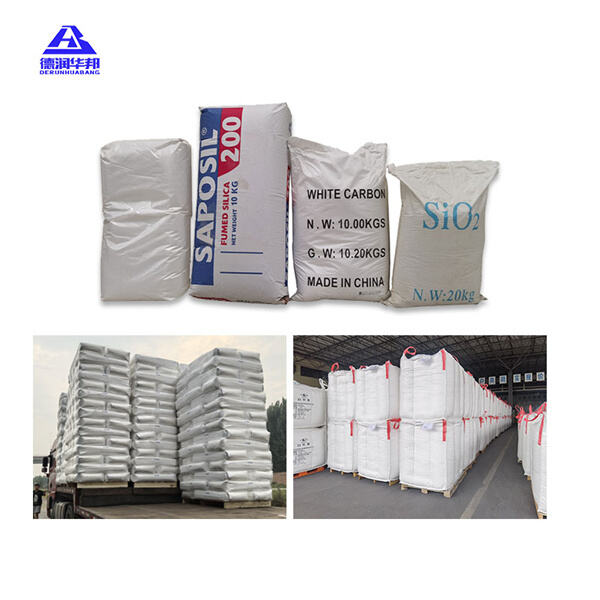 ×
×
Fumed silica nanoparticles are tiny particles that allow a lot of things to be stronger and better. They’re so small, you can’t even SEE them with your eyes! Today we will talk about fumed silica nanoparticles: what are they, what do they do, and how they help to make better products?
Fumed silica nanoparticles are roughly the size and shape of microscopic building blocks. They can be added to materials to make them stronger and more durable. These particles are comprised of silica, a naturally occurring mineral found in sand and glass. When mixed in with substances such as paint, plastic and rubber, they can enhance their properties, making them more resistant, for example, to heat and chemicals.
“Particles that are in these dimensions are all around us in our world, and that includes fumed silica.” Fumed silica nanoparticles are used in a variety of industries to make better products. In cars, they are put in tires to protect them longer and grip roads more firmly. In cosmetics, they are added to sunscreens to protect the skin against harmful UV rays. They also are employed in construction to make concrete more resistant to breaking and stronger.

Fumed silica nanoparticle are prepared using a technique called chemical vapor deposition. This requires heating a gas that contains silica molecules to the point where it becomes a vapor. As this vaporized material cools, the silica molecules combine and form small particles called nanoparticles. Before they are put into use, these nanoparticles are tested to ensure they are the correct size and shape.

Fumed silica nanoparticles may also be useful to enhance materials in many ways. For one, they can toughen materials against heat, a boon for high-temperature applications. They also protect materials from chemicals, which helps them last longer in the face of hard use. With these nanoparticles, companies can make products that are stiffer and better performing.

Although fumed silica particles have many positive applications, we have to consider their effects on the environment. If not treated right, they can be dangerous. Companies must strictly follow regulations when they are used to prevent environmental damage. We can safely produce and use these particles to our advantage by keeping our planet healthier.
products been certified ISO 9001 technical qualification certification are shipped to over 70 countries, with more than 1,000 buyers Southeast Asia and Eastern Europe, as well as America... products been certified by ISO 9001 technical qualification certification and are exported over 70 countries, more than 1000 buyers and regions across Southeast Asia, Eastern Europe and America...
Shijiazhuang Huabang Mineral Products Co., Ltd. a building materials business that fumed silica nanoparticles into production, processing sales. The company situated Shikan Industrial Zone of Ciyu Town and Lingshou County in Hebei Province. It is 50km from Shijiazhuang capital Hebei Province and 260km from Beijing.
We a professional supplier mineral. teams concentrate product design development, fumed silica nanoparticles control inspection, as well as company management. Contact us you have any thoughts suggestions regarding our products. look forward working you presenting satisfying products.
Huayang provides plenty non-metal fumed silica nanoparticles products, such products, such as kaolin, mica, bentonite, graphite, tourmaline, iron oxide on. Our province is riding in kinds of mineral sources, quilted producing, processing, laboratory, storage workshop, production line over 20.

